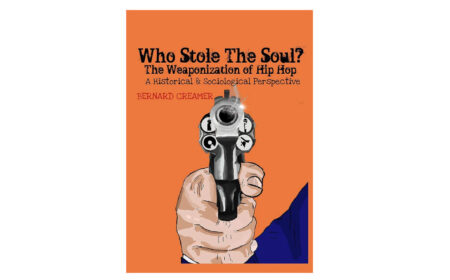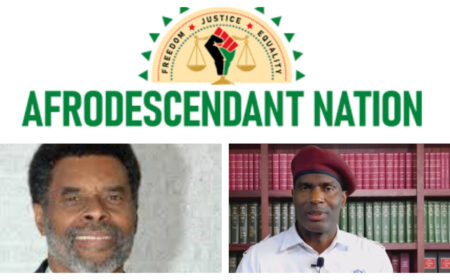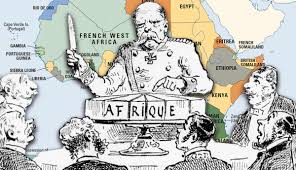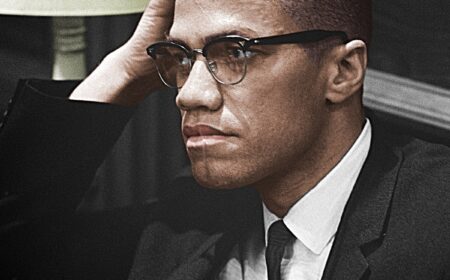WE MUST NEVER FORGET!!!
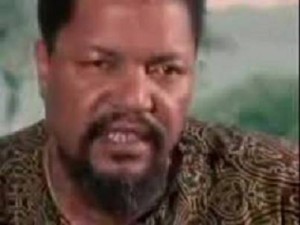
WE MUST NEVER FORGET!!!
ROBERT F. WILLIAMS 1925-1996
Robert Franklin Williams was a civil rights leader,activist,author and the president of the Monroe, North Carolina NAACP chapter in the 1950s and early 1960s. At a time when racial tension was high and official abuses were rampant, Williams was a key figure in promoting armed black self-defense in the United States. He and his wife left the United States in 1961. A self-professed Black Nationalist and supporter of liberation, he lived in both Cuba and communist China in exile.
Williams’ book Negroes with Guns (1962), published while he was in exile in Cuba, details his experience with violent racism and his disagreement with the pacifist Civil Rights Movement philosophies. Among others the book influenced Huey Newton, who founded the Black Panthers.
Williams was born in Monroe, North Carolina in 1925 to Emma C. and John L. Williams, a railroad boiler washer. His grandmother, a former slave, gave Williams the rifle with which his grandfather, a Republican campaigner and publisher of the newspaper The People’s Voice, had defended himself in the hard years after Reconstruction. At the age of 11, Williams witnessed the beating and dragging of a black woman by the police officer Jesse Helms, Sr. (He was the father of future US Senator Jesse Helms.)
As a young man, Williams joined the Great Migration, traveling north for work during World War II. He witnessed race riots in Detroit in 1943, prompted by labor competition between European Americans and blacks. Drafted in 1944, he served for a year and a half in the segregated Army before returning home to Monroe. In 1947, Williams married Mabel Robinson, a fellow civil rights activist. They had two children together. Williams first entered the national civil rights struggle working with the NAACP as a community organizer in Monroe. When he defended two young black boys who were jailed after being accused of kissing a white girl there in 1958, he became famous around the world. His publicity campaign, inviting a barrage of embarrassing headlines in the global press, was instrumental in shaming the officials involved into eventually releasing them. The controversy was known as the “Kissing Case”.
The local NAACP was working to integrate the public swimming pools. They organized peaceful demonstrations, but some drew gunfire. No one was arrested or punished, although law enforcement officers were present.
Williams had already started the Black Armed Guard to defend the local black community from racist activity. KKK membership numbered some 15,000 locally. Black residents fortified their homes with sandbags and trained to use rifles in the event of night raids by the Klan. Followers attested to Williams’ advocating the use of advanced powerful weaponry rather than more traditional firearms. Williams insisted his position was defensive, as opposed to a declaration of war. He called it “armed self-reliance” in the face of white terrorism. Threats against Williams’ life and his family became more frequent. In 1959, Williams debated the merits of nonviolence with Martin Luther King Jr at the NAACP convention. The national NAACP office suspended his local chapter presidency for six months because of his outspoken disagreements with the national leadership. He said his wife would take over his position and he would continue his leadership through her.
When CORE dispatched “freedom riders” from the North to Monroe to campaign in 1961, the local NAACP chapter served as their base. Around this time, a European-American couple in a town nearby drove through the black section of Monroe after some escalated disputes at the courthouse, but were stopped in the street by an angry crowd. For their safety, they were taken to Williams’ home. Williams initially told them that they were free to go, but he soon realized that the crowd would not grant safe passage. He kept the European-American couple in a house nearby until they were able to safely leave the neighborhood.
The FBI’s wanted poster alerted people to an armed kidnapper.
North Carolina law enforcement admonished Williams and accused him of having kidnapped the couple. He and his family fled the state with local law enforcement in pursuit. His eventual interstate flight triggered prosecution by the FBI.
On August 28, 1961, an FBI Most Wanted warrant was issued in Charlotte, North Carolina, charging Williams with unlawful interstate flight to avoid prosecution for kidnapping. The FBI document lists Williams as a “free lance writer and janitor” and states that (Williams)”…has previously been diagnosed as a schizophrenic and has advocated and threatened violence… considered armed and extremely dangerous.” After the appearance of this Wanted poster, signed by the director J. Edgar Hoover, Williams decided to leave the country. Williams went to Cuba by way of Canada and then Mexico. He regularly broadcast addresses to Southern blacks on “Radio Free Dixie”, a station he established with assistance from Cuban President Fidel Castro and operated from 1962-1965. During the Cuban Missile Crisis in 1962, Williams used Radio Free Dixie to urge black soldiers in the U.S. armed forces, who were then preparing for a possible invasion of Cuba, to engage in insurrection against the United States. “While you are armed, remember this is your only chance to be free. . . . This is your only chance to stop your people from being treated worse than dogs. We’ll take care of the front, Joe, but from the back, he’ll never know what hit him. You dig?”
During this stay, Mabel and Robert Williams published the newspaper, The Crusader. Williams wrote his book, Negroes With Guns, while in Cuba. It had a significant influence on Huey P. Newton, founder of the Black Panthers. Despite his absence from the United States, in 1964 Williams was elected president of the US-based Revolutionary Action Movement (RAM). In 1965 Williams traveled to Hanoi, then the capital of North Vietnam. He advocated armed violence against the United States during the Vietnam War, congratulated China on obtaining its own nuclear weapons (which Williams referred to as “The Freedom Bomb”), and sided with the North Vietnamese against the United States.
In 1965, Williams and his wife left Cuba to settle in China, where he was well received. They lived comfortably there and he associated with higher functionaries of the Chinese government. In January 1968, Lynn wrote to encourage Williams to return to the US. Williams responded.
Williams was suspected by the Justice Department of wanting to fill the vacuum of influence left after the assassinations of his friends Malcolm X and Martin Luther King, Jr. Hoover received reports that blacks looked to Williams as a figure similar to John Brown. Attempts to contact the U.S. government in order to return were rebuffed consistently. He returned via London, England to Detroit, Michigan in 1969 and was immediately arrested for extradition to North Carolina for trial on the kidnapping charge. Shortly after he returned, the approaching period of détente augured a warming of relations with the People’s Republic of China.
Williams was tried in Monroe, North Carolina in December 1975. The historian Gwendolyn Midlo Hall chaired his defense committee and a broad range of leftists arrived in town. Attorney William Kunstler represented Williams in court. The state of North Carolina dropped all charges against him almost immediately.
He died from Hodgkin’s disease in 1996. At his funeral, Rosa Parks, who started the bus boycott in Montgomery, Alabama in 1955, recounted the high regard for Robert F. Williams by those who marched peacefully with King in Alabama.
